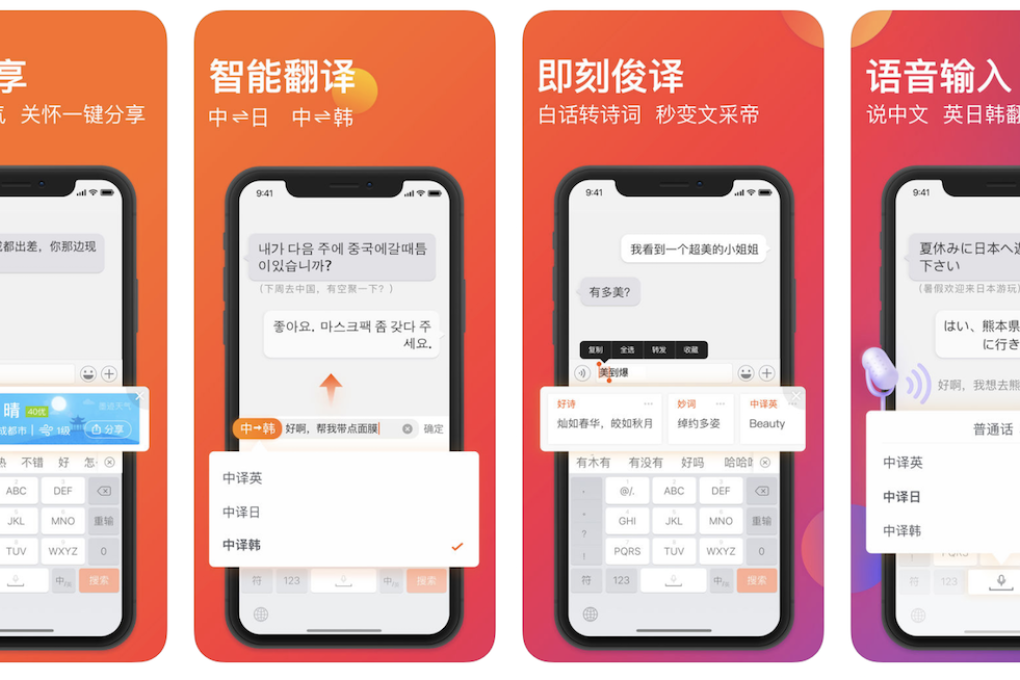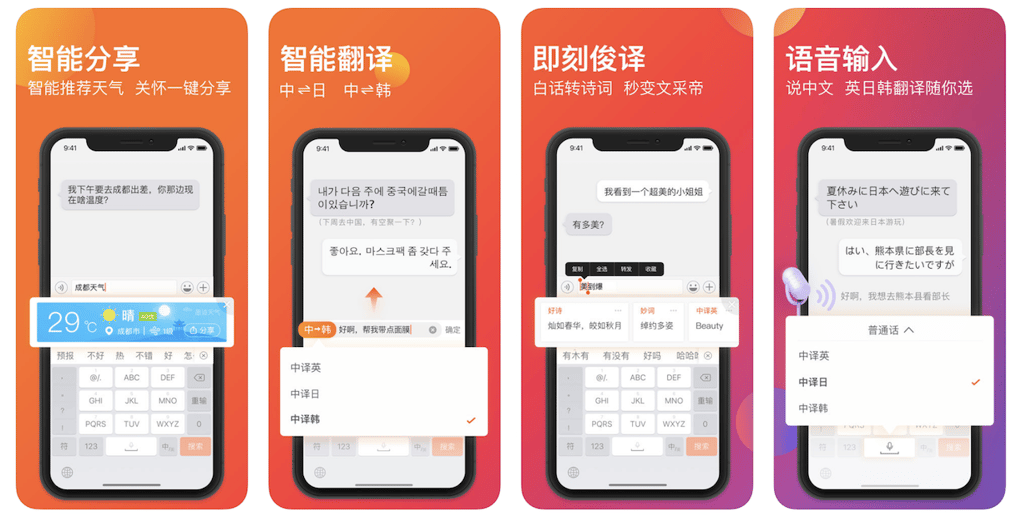Court orders search engine to stop hijacking rival's traffic
Chinese court punishes Sogou for repeatedly redirecting users away from Baidu using its keyboard app

We all have our favorite search engine, but what if the results you get from it are actually from a rival site?
So how did that work? Turns out, it has to do with Sogou’s keyboard app (called, you guessed it, Sogou Keyboard). The app lets users type Chinese characters by spelling them out by their sound, using the Latin alphabet -- a widely-used system known as pinyin.
Baidu claimed that when you type in Baidu’s search box using Sogou Keyboard, a drop-down menu appears, showing related keywords. Clicking any of them brings you to Sogou’s search results page instead of Baidu’s -- despite the fact that you’re trying to search on Baidu.

It’s not a new thing either. The case goes back to 2014, and Sogou lost their appeal in May this year. The court ruled that people should have the right to use any search engine that they choose, and Sogou should provide services honestly.